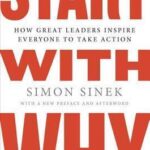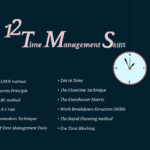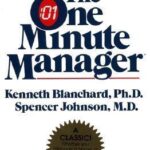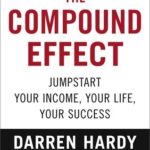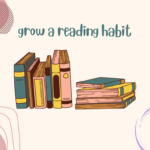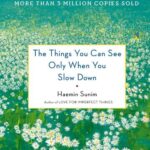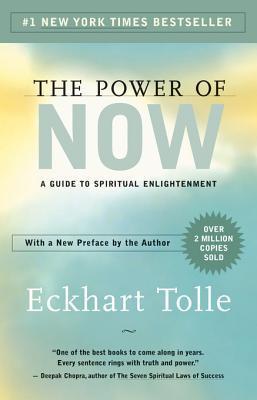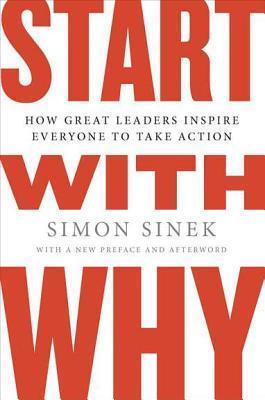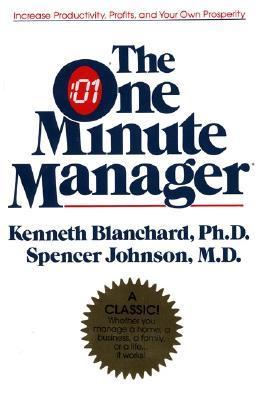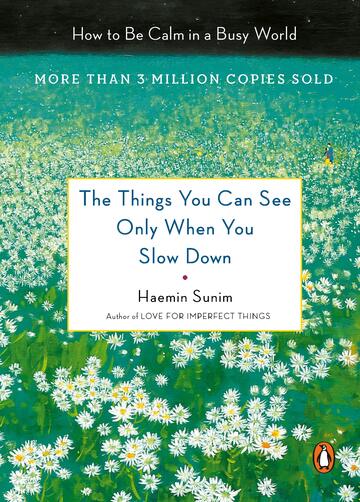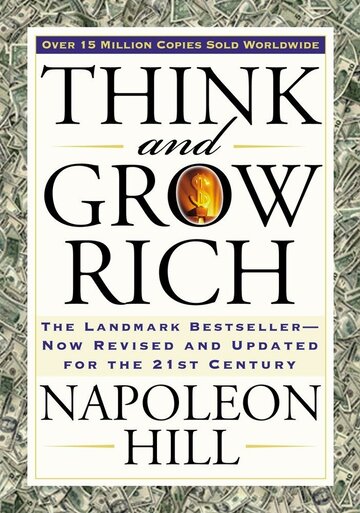The Power Of Now: A Guide to Spiritual Enlightenment by Eckhart Tolle
Genre: Self Help | Psychology
Length: 229 pages
Publish Date: First published January 1, 1997
The Power of Now” by Eckhart Tolle’s is a transformative manual for living fully in the present, transcending the ego, and achieving inner peace by demonstrating the value of detaching oneself from the mind. The book impels readers to disassociate themselves from their “ego,” an aspect of the mind that aspires to be in charge of their ideas and behaviours.
The 20th-century spiritual manual “The Power of Now” is regarded as the most spiritual book of the century because it combines New Age spirituality with religious knowledge.
Contents of “The Power of Now”
- You Are Not Your Mind
- Consciousness: The Way Out of Pain
- Moving Deeply into the Now
- Mind Strategies for Avoiding the Now
- The State of Presence
- The Inner Body
- Portals into the Unmanifested
- Enlightened Relationships
- Beyond Happiness and Unhappiness There Is Peace
- The Meaning of Surrender
All these 10 contents of “The Power of Now” emphasises how crucial it is to live in the present moment to the fullest and focus all of our attention and awareness. We can release regrets from the past and anxieties about the future and discover a deep sense of serenity and contentment in the Now by realising that the only true reality is the present moment.
Top 10 Lesson from “The Power of Now”
THE POWER OF PRESENCE
True happiness and fulfilment can only be felt in the present moment and we can fully engage with our environment and inner experiences only when we bring our attention to the present moment. For instance, we may fully experience the richness of the moment when we are eating a delectable meal while taking in the beauty of the natural world.
IDENTIFICATION WITH THE MIND
Tolly emphasises how an excessive amount of mental identification results in incessant contemplation, anxiety, and mental chatter. He exhorts us to acknowledge that we are not our thoughts and to simply observe them without passing judgement. We can overcome unfavourable habits and reach a more profound level of inner calm by practising detached observation.
BREAKING FREE FROM THE EGO
The ego is the false self that we create when we identify with our thoughts. Tolly says that the ego makes people feel alone, loves to compare itself to others, and is always looking for approval. We can experience a sense of freedom, authenticity, and interpersonal connectedness by realising the ego’s influence in our lives and separating from it.
EMBRACING SILENCE AND STILLNESS
Tolly emphasises how crucial it is to schedule times of calm and quiet in our lives. Through intentionally allocating time for meditation and contemplating the act of simply being in the moment, we can surpass our incessant mental activity and gain access to a more profound level of consciousness. We can connect with our inner selves, find inner peace, and improve our lives’ clarity when we are silent.
ACCEPTANCE OF THE PRESENT MOMENT
With no resistance or condemnation, this lesson invites us to embrace the present moment for what it is. Tolly says that we suffer and remain unhappy longer when we fight against what makes us unhappy. It is possible to achieve inner peace and a deep sense of freedom and contentment by accepting the present moment, independent of the outs
TRANSCENDING TIME
Tolly evaluates how our incessant focus on the past and future prevents us from being completely present in the moment. He proposes that we can overcome the constraints of time by focusing on the here and now. We can access a timeless realm that is home to creativity, clarity, and serenity by engaging in deep presence and mindfulness practices.
CONSCIOUS RELATIONSHIPS
The development of conscious relationships built on acceptance, presence, and attentive listening is the main goal of this lesson. According to Tolly, when we give others our whole attention, we make room for sincere understanding and connection. We can create a happy and satisfying relationship that is based on love and respect for one another when we let go of expectations, judgements, and the need to be in control.
THE ILLUSION OF CONTROL
Tolly triggers the point that our need for control stems from fear and feeds anxiety and pain. He asks us to embrace uncertainty and give ourselves over to life’s inevitable course. We can achieve inner peace and harmonise with life’s natural rhythm by relinquishing our need to control the results. We are able to respond to life’s challenges with grace and wisdom when we surrender.
LETTING GO OF PAIN
Tolly conveys us that clinging to grudges and pain from the past doesn’t make them go away. He emphasises how crucial it is to forgive ourselves as well as other people. We can break free from the hold of animosity, find emotional healing, and create room for compassion and love by letting go of the past and practising forgiveness.
ACCESSING THE SOURCE OF LIFE
Tolly encourages us to establish a connection with “The Deeper I” of consciousness, which is the source of life that resides inside each of us. We can access the universal consciousness and transcend the limited identification with our individual selves by practising the state of presence. We feel a deep sense of love, joy, and peace in this state, which comes from a closer relationship with the natural world.
1-Sentence-Summary:
The Power of Now highlights that living in the past or worrying about the future is a waste of time because the only place one can genuinely exist is in the present, the now, which is why the book offers to live each moment as it happens and to be fully present in one’s life, the book offers feasible strategies.
The Book is Recommended for:
- a prosperous individual who possesses “everything” and is looking for life’s greater purpose
- a young professional who is “hungry” for spiritual direction
- anyone who believes there’s a greater force than themselves

